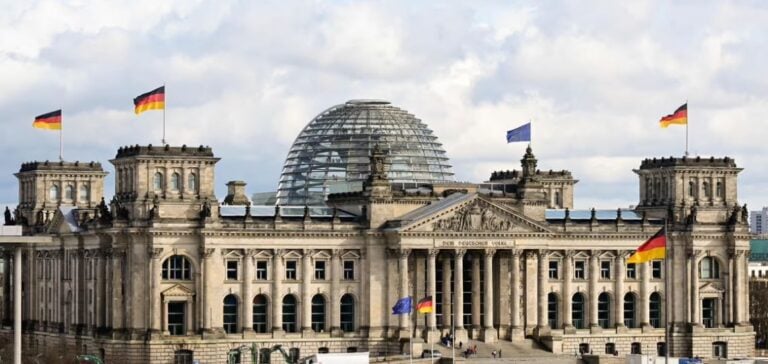The Bundestag, Germany’s parliament, has voted to adopt a law abolishing the neutrality tax on gas storage for cross-border flows. This amendment, set to take effect on January 1, 2025, addresses criticisms raised within the European Union and aims to streamline energy exchanges between member states.
A Reform with a European Focus
Introduced in 2022 to cover the costs of strategic gas storage in Germany, this tax has generated tensions across the European Union. It imposed additional fees on gas transiting through Germany, particularly affecting Central and Eastern European countries.
The German government confirmed that the new legislation would limit the tax to domestic consumers only. This change is expected to dispel legal concerns raised by the European Commission and facilitate energy diversification efforts among EU member states.
Austria Among the Main Opponents
Austria has been one of the most vocal critics of this tax, which has added over 60 million euros to its gas import costs. Austrian Energy Minister Leonore Gewessler highlighted the negative impact of this measure on the country’s diversification efforts to reduce dependence on Russian gas.
Gewessler also mentioned the possibility of legal action at the European Court of Justice if Germany failed to meet its commitments in a timely manner.
Addressing Market Challenges
The removal of this tax comes in a context of ongoing volatility in European energy markets. In December, the benchmark gas price on the Dutch TTF market reached 43.01 euros per MWh, reflecting sustained pressure on energy supplies.
This policy shift also aims to enhance the integration of European gas markets and support collective efforts to reduce reliance on Russian imports.






















